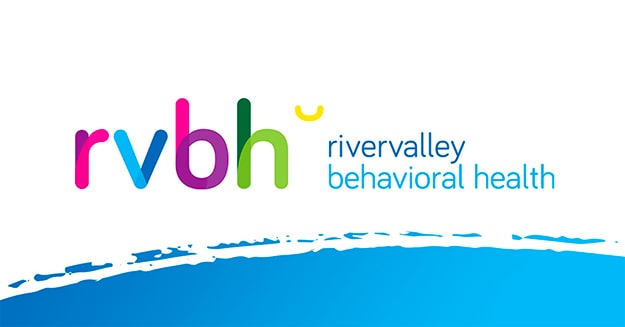
Note:
By Freddie Bourne, Messenger-Inquirer Jan 25, 2024
RiverValley Behavioral Health was recently awarded a collective total of $600,000 from two competitive grant opportunities to help expand its integrated substance use disorder treatment, recovery support services and housing initiatives.
Specifically, the organization was awarded $300,000 toward the delivery of RVBH’s substance use treatment and recovery services for pregnant and parenting women with opioid use disorder (OUD), while an additional $300,000 will be used to increase the provision of substance use treatment and recovery services that will be utilized to help men in recovery.
The grants were provided by the Kentucky Department for Behavioral Health, Developmental and Intellectual Disabilities (DBHDID), in partnership with the Kentucky Office of Drug Control Policy.
“These grants are testaments to the dedication and passion of the entire RiverValley team,” said Dr. Wanda Figueroa-Peralta, president and CEO of RVBH, in a press release. “They empower us to expand our unique treatment model, providing not just substance use treatment but also addressing housing and other social determinants of health.
“Together, we are enhancing our population health focus and making a profound impact on the lives of those we serve,” Figueroa-Peralta said.
“We are excited to support RiverValley Behavioral Health in its mission to expand substance use treatment, recovery support and housing services,” said Dr. Katie Marks, Commissioner of the DBHDID, in the release. “This collaboration reflects our joint commitment to improving the health and resilience of communities across Kentucky.”
Dr. Lionel Phelps, RVBH’s vice president of population health, feels receiving the grants will be instrumental in helping both male and female patients through the recovery process.
“… Once they get through treatment and they start leading into recovery, one of the biggest barriers for them in terms of how they’ll recover is their housing,” Phelps said.
“These grants really do open up a lot of doors for us to at least help some of those individuals with housing for the next year so they can have safe, clean housing that’s going to allow them to lead that much further into recovery, possibly get jobs ….
“For some, it may be (helpful) in getting custody of their children or being able to provide a safer environment for kids,” Phelps said.
Phelps also hopes the grants will be helpful to those that may not be able to get assistance traditionally while being able to support patients with other goals.
“So many things can happen in one’s journey. … Having credits so that you can get a safe, comfortable place to live is not always easy to do; and of course, if you’ve had a felony or, even in some cases misdemeanors, it can really block your access into getting good housing … or getting a good paying job,” Phelps said. “What we hope to really do is that we can provide this … housing that can lead people into recovery (and) that we can also help them with employment or even further (their) education ….
“This is really going to help in so many ways,” Phelps said. “… Recovery housing isn’t just housing. … Basically, they’re staffed with a peer support professional who supports that person; but in addition to that, the person is still receiving treatment in some form.”
Within the last year, RVBH has made progress in growing recovery housing and support services in the last year with the launch of sober living entities like Jade House for men and the Pearl Houses for women.
In September and November, respectively, RVBH celebrated the grand opening of The Gathering Place — a recovery community center that offers peer recovery support services, recovery-oriented advocacy activities and community education and outreach — and RVBH@The Crowne — a resource center focused on fostering connections, rehabilitation and empowerment — in the former home of the event space The Crowne at 107 E. Second St.
According to a press release, the new funding will help RVBH to broaden the range of substance use treatment by adding 22 beds to assist people struggling with substance use challenges in securing safe, supportive housing.
“We have some recovery housing, (but) we don’t have nearly enough,” Phelps said. “… This gives us a lot of freedom to be able to do that.”
Published on February 16, 2024
